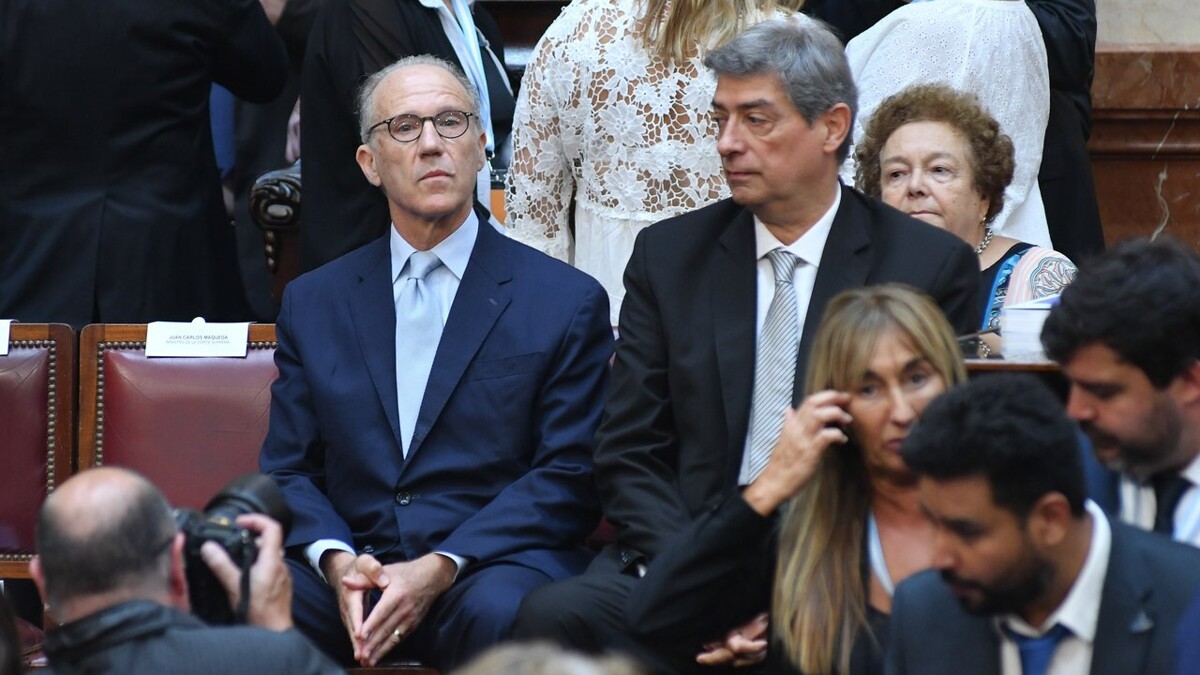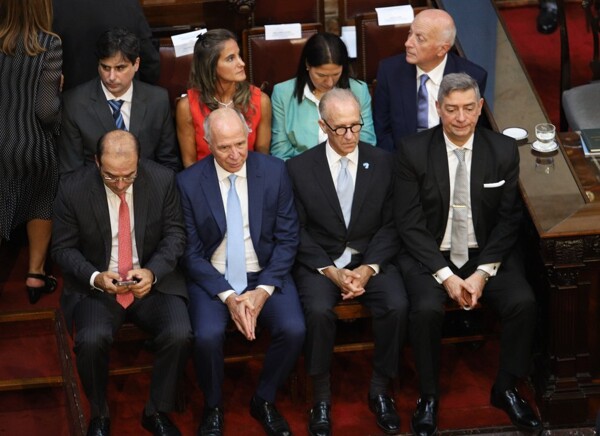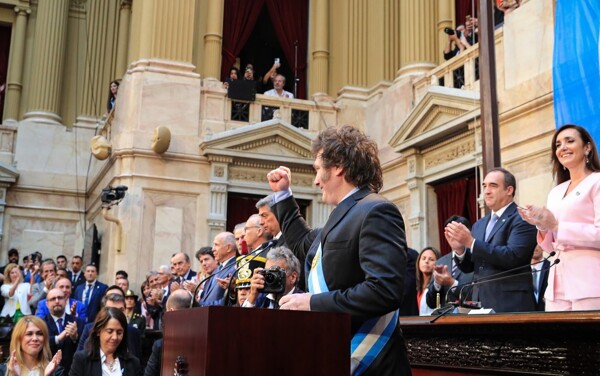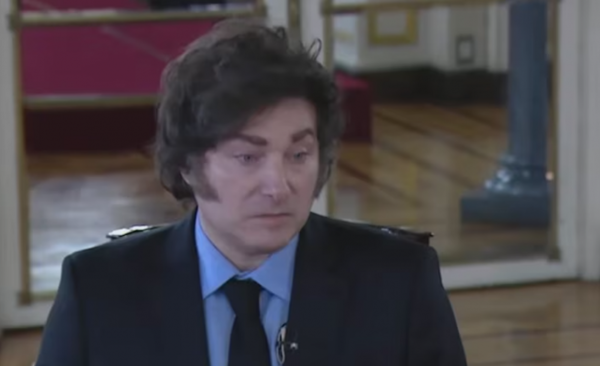
The political trial initiated by Kirchnerism against the Supreme Court of Justice has formally concluded with the end of the legislative period on February 28. The accusatory decrees signed by the Frente de Todos at the end of 2023, before the runoff that elected Javier Milei as president, were never addressed in the chamber during 2024, which caused their expiration.
The process began after the conviction of Cristina Kirchner in the Vialidad case and the Court's ruling in favor of the City of Buenos Aires in the dispute over co-participation funds. In response, then-president Alberto Fernández announced the request for an impeachment trial against judges Horacio Rosatti, Carlos Rosenkrantz, Juan Carlos Maqueda, and Ricardo Lorenzetti for alleged misconduct.
Throughout 2023, the Political Trial Commission of Deputies proceeded with hearings in which officials, journalists, and magistrates testified. Rosatti and Rosenkrantz themselves responded in writing, denouncing attempts at coercion. On November 29, 2023, with a majority in the commission, Kirchnerism approved the accusatory report with 16 votes in favor and 15 against. However, it never managed to garner the necessary support to take the process to the chamber.
"Throughout the year, we faced significant pressure from the Political Trial Commission," he recalled. With the definitive closure of the case, Kirchnerism failed to advance its assault against the Supreme Court, nullifying one of its last major political initiatives before the change of government.
"This will be remembered as the most shameful political trial ever known," stated Radical deputy Mario Negri at the time. The regulations of the Chamber of Deputies allow for an additional legislative period for the treatment of political trial decrees. However, the new composition of Congress and the lack of momentum during 2024 led to their automatic failure as the parliamentary year closed.
In retrospect, former Supreme Court Minister Juan Carlos Maqueda, who retired last December, stated days ago that the government of Alberto Fernández "without any doubt" was the one that pressured the highest court the most.














